If we gave up eating beef we would have roughly 20 to 30 times more land for food than we have now
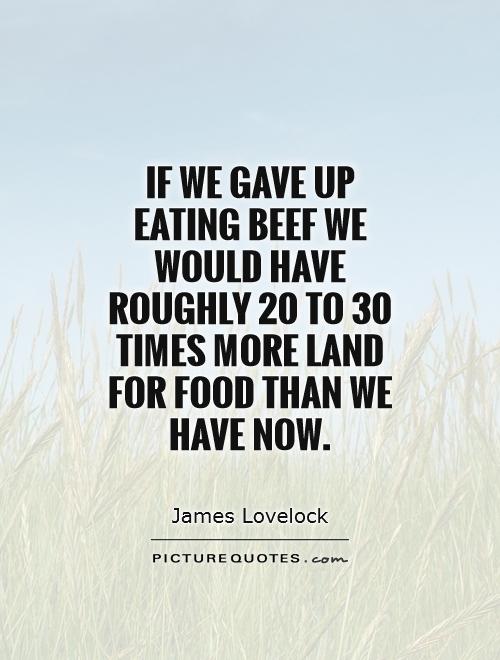
If we gave up eating beef we would have roughly 20 to 30 times more land for food than we have now
James Lovelock, a renowned environmentalist and scientist, has long been an advocate for sustainable living and reducing our impact on the planet. One of the key issues he has highlighted is the environmental impact of meat consumption, particularly beef. Lovelock has pointed out that if we were to give up eating beef, we would have roughly 20 to 30 times more land available for food production than we currently have.The impact of beef production on the environment is significant. Livestock farming, particularly beef production, is a major contributor to deforestation, greenhouse gas emissions, and water pollution. The land used to raise cattle for beef production could be used more efficiently to grow crops for human consumption. By giving up beef, we could free up vast amounts of land that could be used to grow fruits, vegetables, grains, and other plant-based foods.
Not only would giving up beef free up land for food production, but it would also have a positive impact on the environment. Livestock farming is a major contributor to greenhouse gas emissions, particularly methane, which is a potent greenhouse gas. By reducing our consumption of beef, we could significantly reduce our carbon footprint and help mitigate climate change.
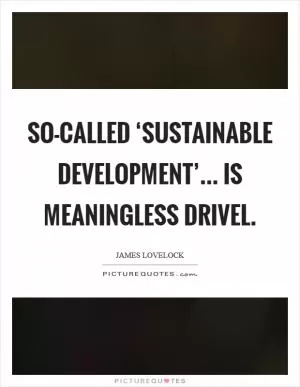
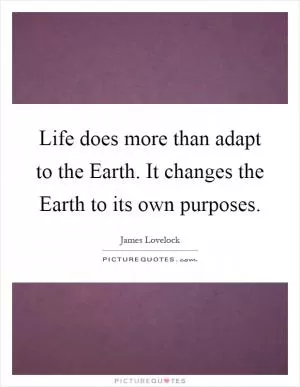
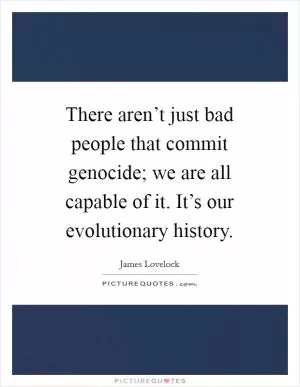
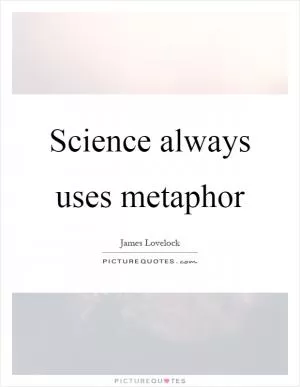
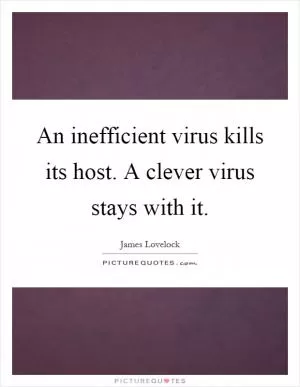
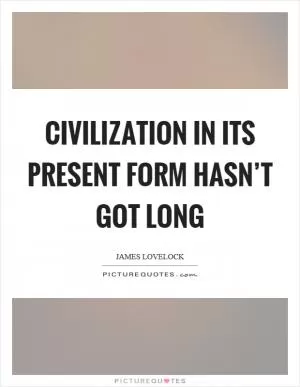
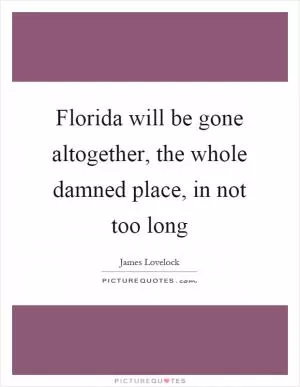
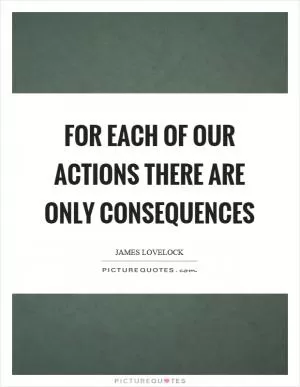
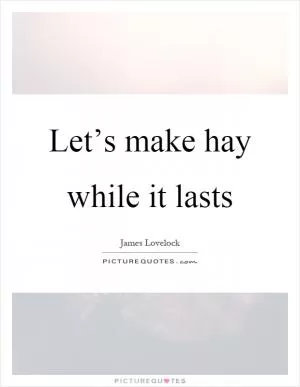
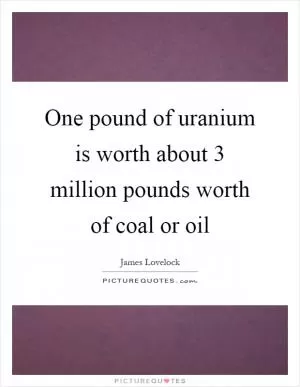
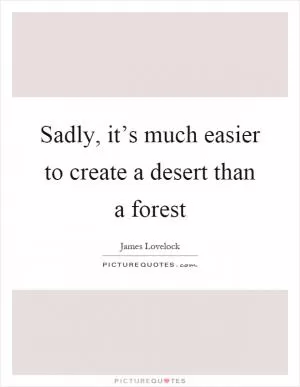
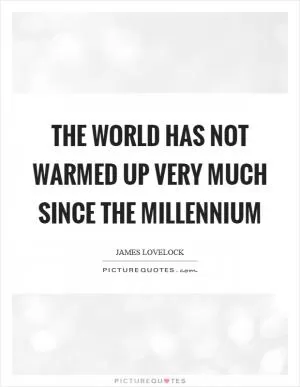
 Friendship Quotes
Friendship Quotes Love Quotes
Love Quotes Life Quotes
Life Quotes Funny Quotes
Funny Quotes Motivational Quotes
Motivational Quotes Inspirational Quotes
Inspirational Quotes